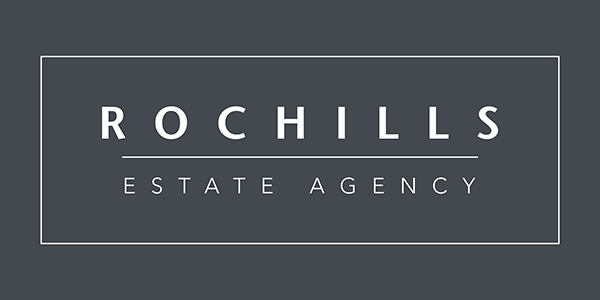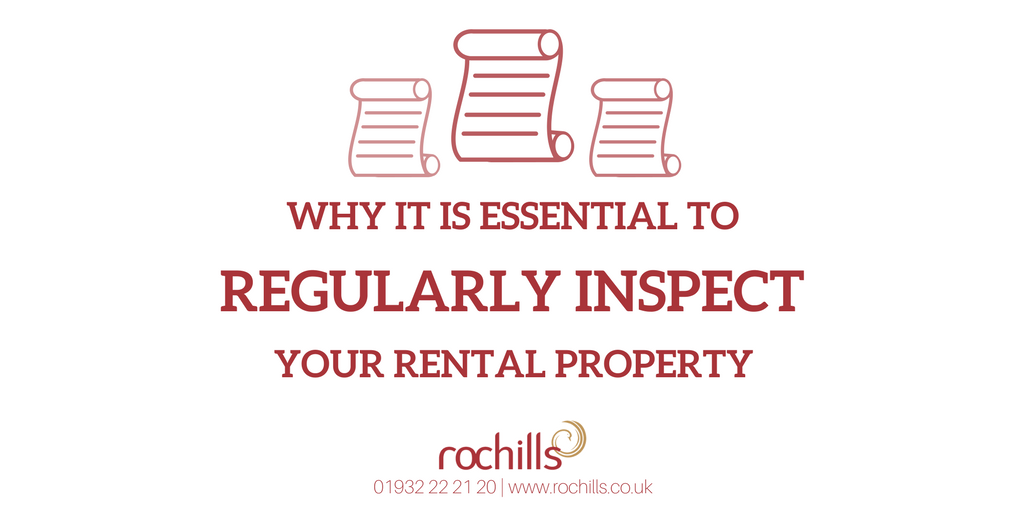Why It Is Essential To Regularly Inspect Your Rental Property.
Although most landlords understand the importance of inspections at the start and towards the end of a tenancy, many feel uncomfortable or do not fully appreciate the benefits of conducting interim inspections through-out a tenancy.
So, what do interim property inspections do?
They allow a Landlord to:
- Identify routine maintenance requirements.
- Carry out minor repairs before they become major.
- Check that the property is not being sub-let.
- Ensure the property is not being used for any criminal activity.
- Ensure that there is no unreported damage to the property.
Landlords do have a right to enter their property with the tenants’ permission and with prior notice.
How often these inspections should take place may vary depending on how long the tenants have been in the property, the type of tenants in situ, and variances such as age and the general condition of the property.
A periodic inspection every three to six months allows the landlord to keep an eye on the property without causing too much inconvenience. Some tenants feel these inspections are invasive, however there are ways in which tenants benefit too.
Benefits to the tenants include:
- The chance to bring up any maintenance questions or issues.
- The opportunity to build a good relationship by meeting with the landlord or agent face to face.
- Be made aware of any safety issues, e.g. inadvertently blocking vents etc.
The best way to ensure both parties are clear on the arrangement for periodic inspections is to be upfront about the frequency of inspections before the tenancy commences. This makes sure that tenants are aware of what needs to happen and how often.
If you would like further information or a no obligation lettings valuation, call 01932 22 21 20 or visit our Walton on Thames Property Community Facebook group for more free advice and property news.




